All The Ways Your Period Changes As You Get Older
Being a woman is hard, and anyone who says otherwise probably isn’t a woman to begin with. Between childbirth, gender inequality, and being seen as the lesser sex in general, life is most certainly not a cake walk for us ladies. But perhaps the most annoying thing about being a woman— are your monthly periods. But as we get older however, our periods tend to change, and for some women, disappear completely. Here, we discuss how a woman’s period changes as she gets older.
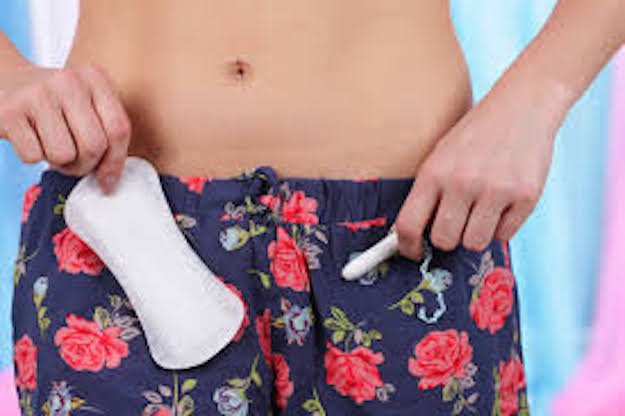
Periods. Most women find themselves having a love/hate relationship with their periods. They always seem to come at the most inconvenient times, and never when we need them though. They also have the capability to freak us out, particularly if they take too long to come.
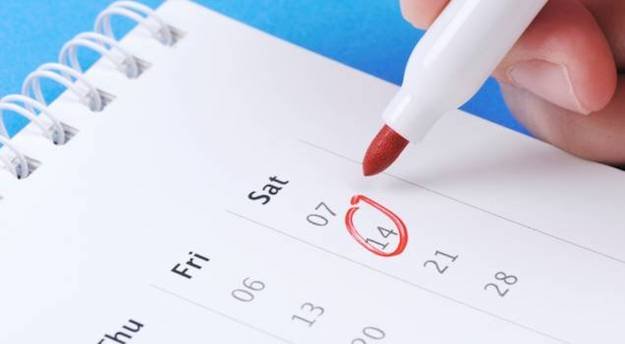
Health. But like most of your body, your period tends to change as you get older. In fact according to experts, your period can be very telling of your current health status, so it’s important to look out for the signs that your body may be giving you.
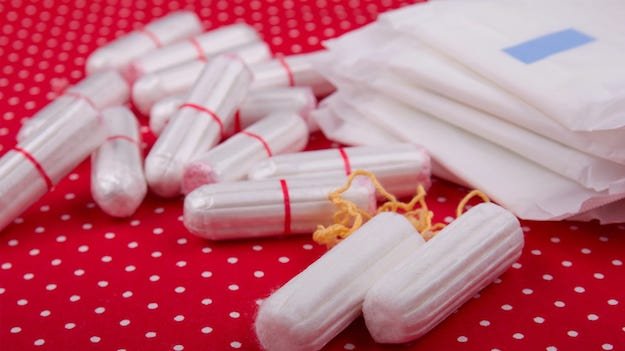
Change. "There's an unspoken rule among doctors that a woman's period tends to change through the decades. Your cycle is often an indicator of what's going on in your health and in your life, and there are many transitions between your twenties, thirties, and forties,” says Dr. Alyssa Dweck, as reported by Redbook.
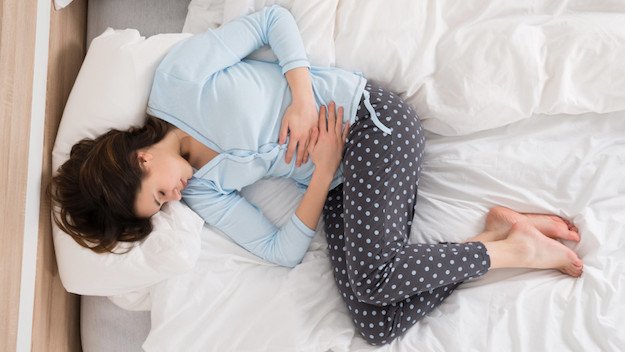
Hormones. When you’re in your 20s, your period can change drastically because its different from the period you had when you were teenager. This is partially because a lot of women begin to take some sort of contraception at this age. Whether it be the pill or an IUD, all those extra hormones will definitely affect your period.

Flow. "Depending on the type you're using, starting a new birth control method can lighten your flow, or make it non-existent,” Dr. Dweck tells Redbook. Dweck also points out that during this time, women also tend to experience a lot of stress as they try to tackle adulthood.

Stress. Whether you’re aware of it or not, stress can be a direct influence on your period. According to Redbook, the hormones can affect the signal that comes from your brain to your ovaries. Stress can cause you to have irregular or even missed periods, so it’s important to try and slow down if it’s something you’re experiencing.

Problems. When you get to your 30s, your period changes once again. As you get older, you start becoming much more susceptible to different types of health problems. Not only that, but a lot of women tend to start getting pregnant at this age, which obviously changes your period.

Conditions. "Periods can be indicators of your health, and your thirties tend to be a time when some benign health conditions pop up,” said Dweck, as reported by Redbook.
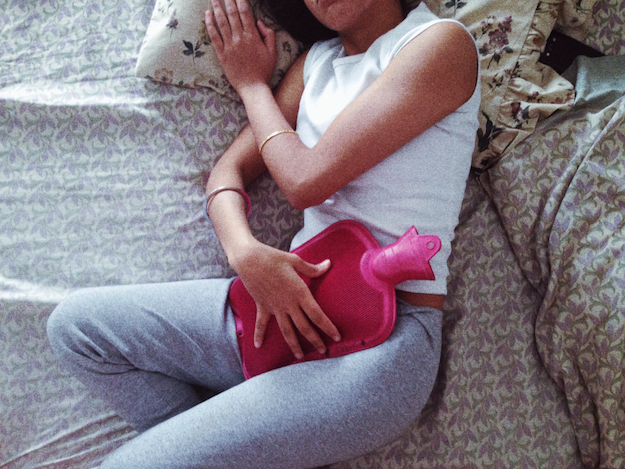
Pregnancy. Pregnancy can bring on a series of changes to your entire body, especially if you breastfeed, which experts say cause your period to stop completely. Some women find that after giving birth, they no longer experience any cramps either.

Cramps. “Many women will tell you that after they’ve gone through pregnancy, their cramps get better. That can be caused by a number of things, but since the cervical opening becomes a little bigger the flow comes out without requiring as strong uterine contractions,” says Dr. Lauren Streicher, as reported by Health.
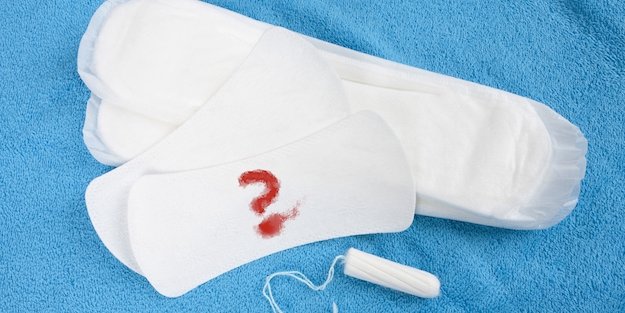
Pre-menopause. Finally, once you reach your 40s, your periods starts to disappear. A lot of women tend to begin to experience pre-menopause at this point, which many people don’t know can happen almost a decade before you actually experience menopause.
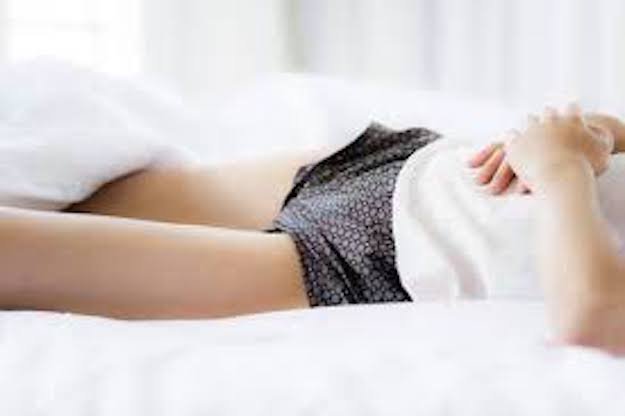
Fluctuations. "With this, you can expect to see some fluctuations in your period, either missing one every now and then or getting a longer period,” said Dweck, as reported by Redbook.
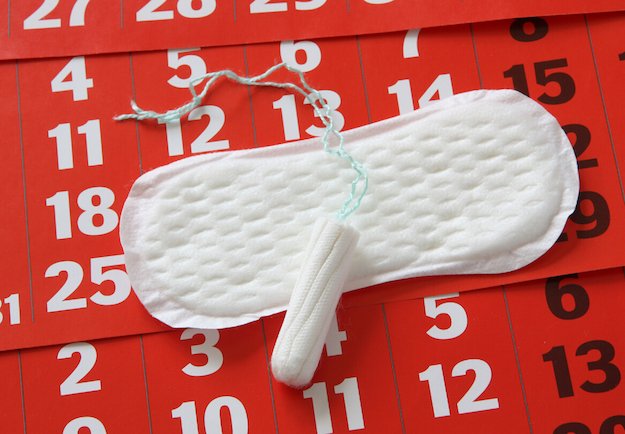
Pregnant. Despite going through menopause, experts say you still have the ability to get pregnant. According to experts, you aren’t considered menopausal until your periods have been gone completely for 12 months or more.
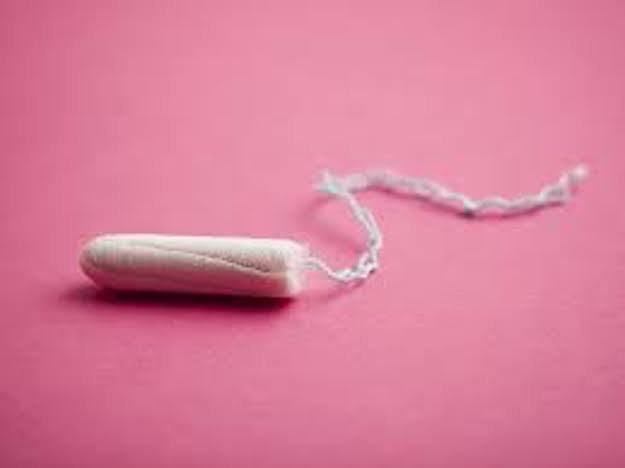
Menopause. When you get to your 50s and up, its safe to say that most women tend to go through menopause. In fact, bleeding after you’re 50 could actually be a sign that something is up, so be sure to go see your doctor if this is the case.

You. Were you aware that your period could change so much over time? Which stage in your life are you at currently? Be sure to let us know what you think!
Very nice piece
Please make your own article not copy paste